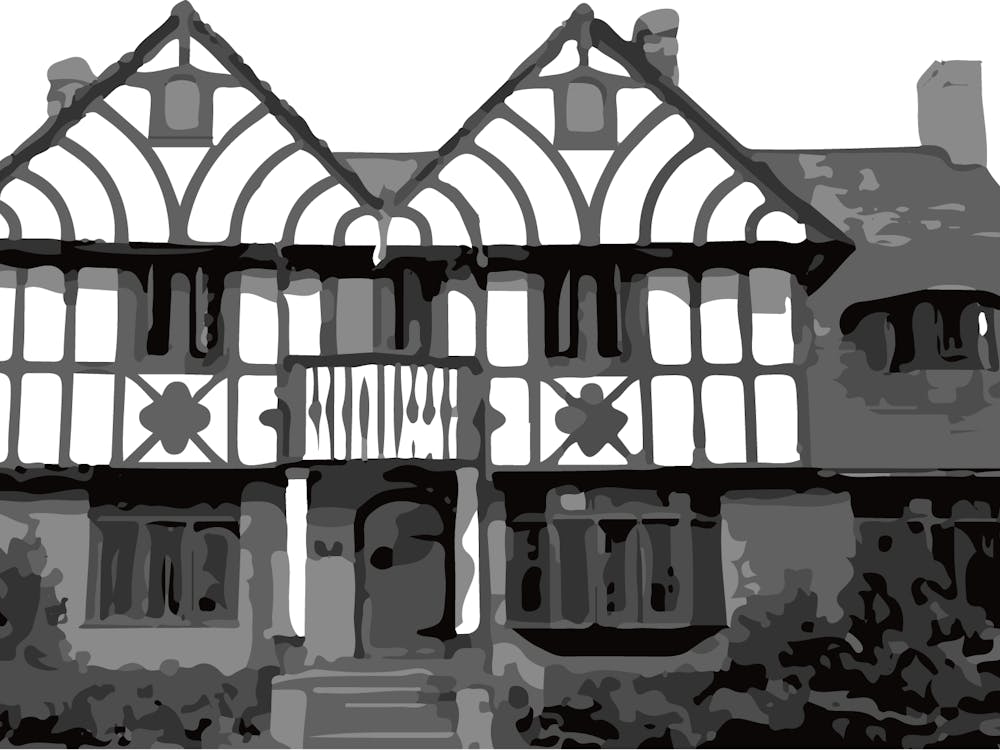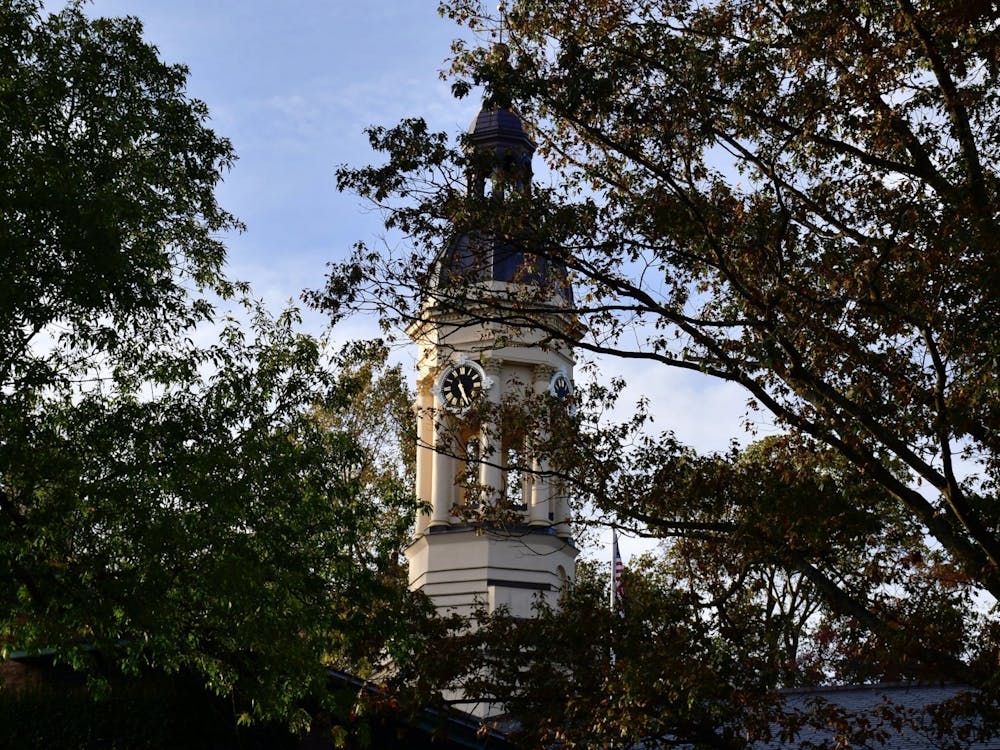After “the current administration’s executive order on immigration and travel,” Alexandria Herr ’17 began to think of “things I could do to help friends that were affected”. She finally decided “a benefit concert seemed like a good idea.”
Herr recalled, “When I was thinking about the things that I could do, the ways that I could raise money for organizations that I admired, I was thinking okay, I don’t really have disposable income. I don’t have any artistic talent or anything to sell, so what could I possibly do?”
According to Herr, it occurred to her that “I’m on a campus where there are tons of people with artistic talent, and I also have the fortune of being a senior and having lots of friends who are part of many different [performance] groups.” She explained that she had thought of the idea about a month after the executive orders came out, but still needed to figure out the details of the event.

“People were really receptive and on board which was exciting and got me thinking that it could actually come together,” Herr commented. She added, “I was stressed for a while because I was worried that we wouldn’t get a venue, but then [Deputy Dean of Undergraduate Students] Dunne made a call, and Richardson Auditorium was super accommodating and gave us the space about two weeks before the concert.”
Initially, she explained that she wasn’t sure what organization the proceeds of the concert would go to. She said she originally talked with the Princeton American Civil Liberties Union and Princeton Advocates for Justice group, but reasoned that it would be better to support a local organization that serves marginalized groups in need of and able to use the donations. Accordingly, Herr decided to use the concert to benefit Latin American Legal Defense and Education Fund, an NGO that works with and advocates for Latin American and other immigrant groups in the Princeton and Trenton area.
“I don’t think a lot of Princeton students think about the Mercer County area as a community that is necessarily affected by these issues, but we have a huge immigrant population in the Princeton and Trenton area, and LALDEF works with these groups, so I thought that would be the best choice,” Alexandria commented.


Maricela Coronado ’18, a member of the Board of Trustees for LALDEF, explained that “the organization seeks to prevent human rights violations and educate immigrants about their rights and responsibilities.” The ID card program is an initiative to introduce a new form of identification that would be accepted by banks, restaurants, and other businesses. Coronado mentioned that the ID card doesn’t have to distinguish between those who can get other forms of identification and those who cannot.
According to Coronado, “the process was difficult because a lot of people had to get on board. So you had to get banks, you had to get restaurants. You just had to get all these different entities in the community to agree to this ID card, so that was one of the challenges. Just the legal process of doing that and getting that through the system and getting it accepted was pretty challenging.” Ultimately, Coronado said, “a lot of business people were very receptive because I believe they see and they acknowledge the benefits of having such a program.”
Recently, LALDEF has been challenged by the volume of requests for help that it has received, noted Coronado. “They are a small Trenton office that has been swamped with people and overfilled,” she explained. Coronado added, “You have a lot of people calling that are really scared about what’s going to happen to their families. I remember our director got a call from a child worried that their parents were going to be separated from them.”

The “Arts Without Borders” event raised over $1,000 for LALDEF with individual private donors still contributing. Dance, comedy, a capella, spoken word, and slam poetry groups delivered performances that largely touched on themes of identity, faith, and hope. Coronado expressed, “it was really nice to see that the Princeton undergraduate community was very receptive to what’s been happening this January.”
“You know, sometimes it’s easy to forget that there are so many great and active organizations that are already in place and already doing this work. For those of us who have privilege from being citizens or from being white or from going to an elite university, one of the best questions I think we can ask ourselves is how we can use our own influences to support these groups. You don’t have to use your resources you have to start something from scratch; there are already good efforts being made and individuals putting a lot of time and effort into doing this kind of work. I think it’s okay if you don’t know everything about immigration. I think for a lot of people, with social activism, they are worried about getting involved because there is so much we don’t know, but it’s okay if you’re not an expert on immigration law. There are a lot of people that are doing this kind of work, and what you can do is put the resources you do have towards supporting them.”
For more information about LALDEF, you can visit http://laldef.org/.








